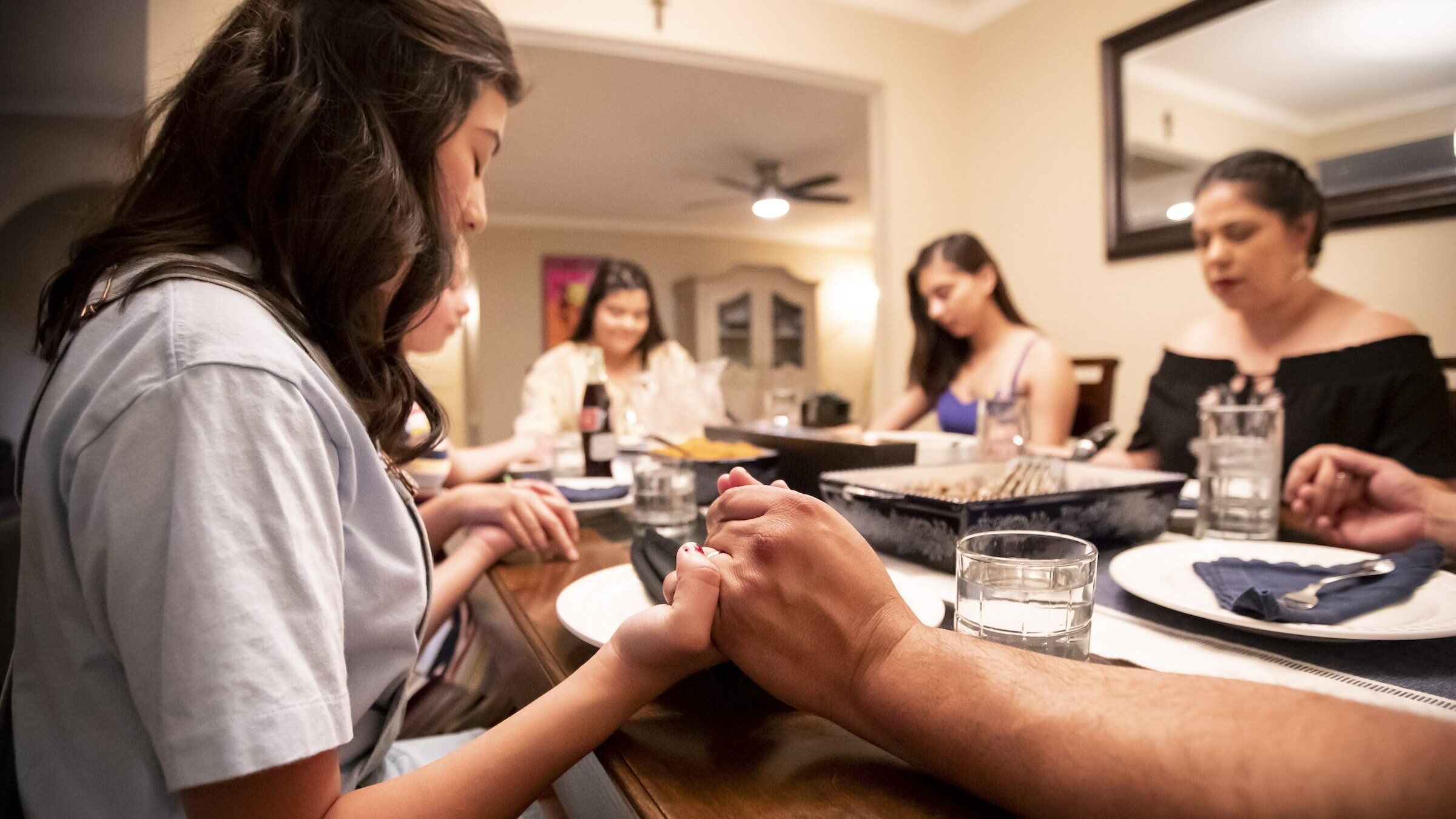How to set aside the smartphone and be more present in daily life (Navigating faith)
How much time is too much time online? It’s a question facing all of us in the 21st century, as technology becomes more and more integrated into our lives. How do we balance work, shopping, reading, communicating — all the ways that we use technology — with a desire to be intentionally present in our daily lives?
In 2000, just as the internet was becoming ubiquitous, the Pontifical Council for Social Communications seemed to sense the coming struggle and the challenges it would bring. In a document on the ethics in communications, it addressed the fragile relationship between nature and modernity by reminding us: “Depending on how they use media, people can grow in sympathy and compassion or become isolated in a narcissistic, self-referential world of stimuli with near-narcotic effects.”
The Catechism of the Catholic Church teaches us that we’re made to live in communion with God and with one another (Nos. 45, 959): it is not a bad thing to desire connection. The key is to discern whether our technology use helps us deepen our relationship with God and those whom we encounter day-to-day. If it helps us connect with people, inform our convictions, defend the voiceless, proclaim our beliefs, or aid in our worship of God, we are using the capabilities presented to us for good. If it becomes a distraction from God’s plan — if we turn to it in moments of temptation and loneliness, searching for relationship from an online source instead of God, the ultimate source — we are letting ourselves be used by technology.
If you’ve been over-connected for too long, your first steps to reset your use of technology can be painful: you might feel like the world will stop spinning if you can’t reply to every email within 10 minutes or check your most recent social media notification. After a few weeks of a new routine, however, you may be surprised at how little you’ve “missed” and how much “found time” you recover for the things, and the people, that are truly important in your life.
Warning signs of technology overuse
How can you tell if your use of technology is throwing your life off-kilter? Consider some of the following warning signs:
— You have fewer deep, close relationships with people than you used to (even if you’re in contact with more people than ever before).
— You often feel resentful when family, work or social commitments interrupt time spent on the web.
— You frequently text or check your phone during meals, or when other people are present — including during Mass, family celebrations, or other occasions that are traditionally times of worshipping God or bonding with the people around us.
— You spend far more time online for “fun” than you do in prayer or meditation.
If more than a couple of the previous statements sound familiar, your internet and social media use is probably throwing your life out of balance. It’s a good idea to seek out moments for “unplugged” silence throughout your routine, or re-center yourself through brief retreats from your ordinary environment — perhaps going outdoors into nature or stopping by church for a visit.
Finding balance: Some practical tips
Changing our technology use is easier said than done — but creating any new habit is a matter of small steps. Here are several suggestions to get you started:
— Track your time. Write down the amount of time you spend online, and the activities in which you spend it, each day, or use provided smartphone data to track your use on that device. Just as studies show that people lose weight more easily when they keep a journal of all the food they eat, keeping a journal of how you spend your online time can be an eye-opener.
— Designate “offline times” and be open about them. For example, put away your smartphone when you are at your child’s soccer practice or during family meals. To avoid potential tension with people who want you to be “on” constantly, tell your friends, family, and coworkers about your goal to get a better balance in your life; you may even inspire them to try something similar.
— Shut down your computer and other devices each night. Not only does this send a signal that it’s time to disconnect for the day, but the time it takes everything to boot up in the morning gives you a moment to collect yourself and plan how to use your time online to its best advantage.
— Contact your friends the old-fashioned way. Make an effort to regularly call, write a letter, or visit your friends and family. Your relationships will benefit from the personal touch.
— Include time spent on your phone or other devices in your examination of conscience. At the end of each day, and before you receive the Sacrament of Reconciliation, take a moment to ask yourself: Have I been using technology to deepen my relationships with God and others, or to avoid them? Has my time online caused me to neglect anything or anyone that I should be paying attention to?
Featured image: The Leon family prays around the dinner table. The Archdiocese of Detroit’s popular guide to help families live the Lord’s Day, 52 Sundays, is now available in 2023 as a free online resource for the first time. (OSV photo/courtesy Archdiocese of Detroit)



